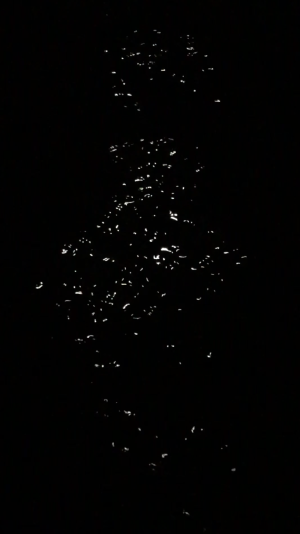
25/09/2018 23:50:00
Laura’s birthday. There was a full moon, and we were staying at our favourite place.
The light was so incredibly pure and white. Whatever tidal pull that exists, and the light wind produce a swell and we hear the lapping of waves. Even given all the variables of light and weather conditions there is a rhythm to be discerned as the glinting highlights dance over the black water. The lack of any artificial light to pollute the scene with anything as impure as colour, the moon revels in its monochrome gaze, forever fixed upon the earth.
Percy Bysshe Shelley, ‘To the Moon’.
Art thou pale for weariness
Of climbing heaven and gazing on the earth,
Wandering companionless
Among the stars that have a different birth,
And ever changing, like a joyless eye
That finds no object worth its constancy?
It is hard to see the moon in all innocence of what we know of its creation, its history, its significance and the poetry it has inspired for millennia or imagine it quite the same after Apollo. The moon is often apostrophised as a lost or spurned love, but the dissatisfaction and restlessness Shelley describes in the poem could be construed today as a loss of innocence, the result of our present culture of distraction.
